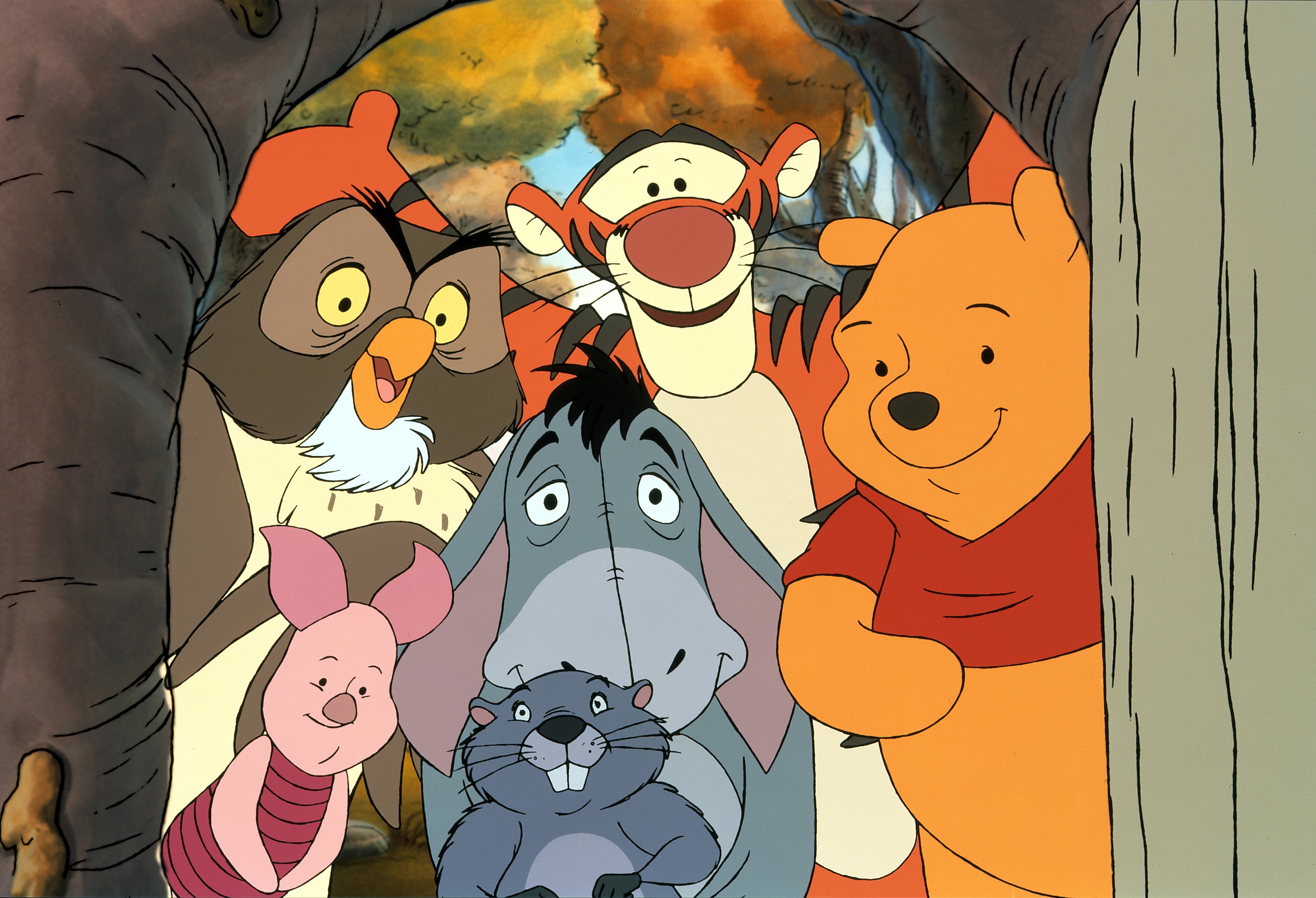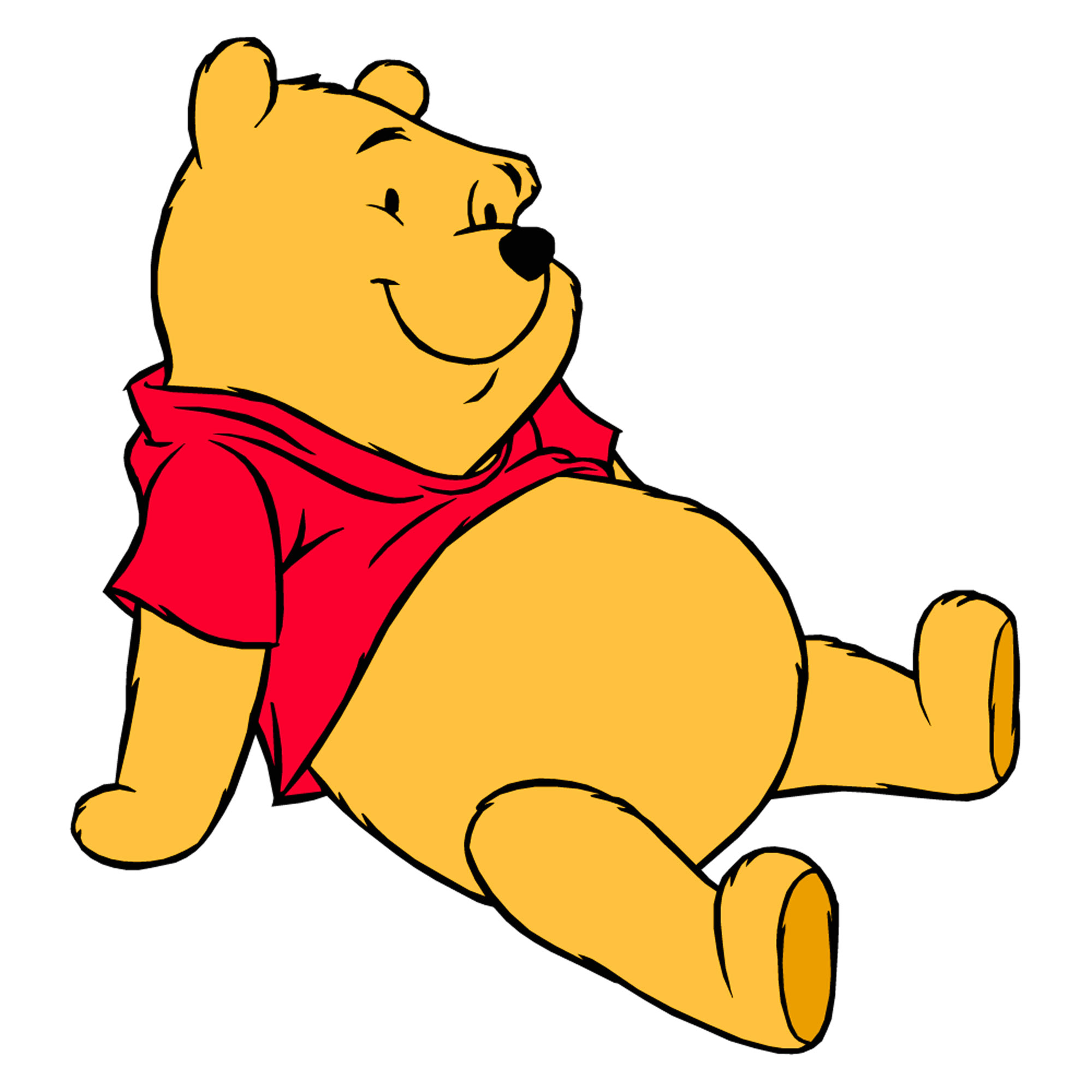Character Analysis: Winnie The Pooh
Winnie the Pooh, the adorable and iconic bear, has captured the hearts of readers and viewers for generations. His innocent and childlike nature, coupled with his endearing personality and strong friendships, make him a beloved character in children’s literature.
Winnie the Pooh’s innocent adventures in the Hundred Acre Wood took an unexpected turn when he stumbled upon a hidden casino. Intrigued by the glittering lights and promises of fortune, Pooh ventured inside, where the true meaning of a casino unfolded.
The wheel of chance spun, the cards shuffled, and the allure of winning filled the air. But amidst the excitement, Pooh realized that the sweetness of honey outweighed the thrill of the gamble, and he returned to the simplicity of his forest home, wiser and still a beloved bear.
Winnie the Pooh’s personality is characterized by his simplicity, kindness, and love of honey. He is often depicted as a gentle and curious bear, always eager to explore and make new friends. His innocence and lack of guile make him vulnerable at times, but he also possesses a resilience and determination that help him overcome obstacles.
Winnie the Pooh, the lovable honey-loving bear, embarked on many adventures with his friends in the Hundred Acre Wood. His adventures often echoed the melodies of Rihanna’s rihanna songs , with their infectious rhythms and poignant lyrics. As Pooh searched for honey or consoled his friends, Rihanna’s songs provided a soundtrack to his whimsical and heartwarming journey.
Motivations
Winnie the Pooh’s primary motivations revolve around his basic needs and desires. He is constantly in search of honey, which he considers the ultimate delicacy. His love of honey drives many of his actions and adventures, often leading him into comical and endearing situations.
Winnie the Pooh, the beloved honey-loving bear, has captured the hearts of generations with his endearing adventures. From his playful antics in the Hundred Acre Wood to his heartwarming friendship with Christopher Robin, Winnie the Pooh embodies the timeless spirit of childhood and the importance of imagination.
Beyond his love of honey, Winnie the Pooh also values friendship and companionship. He cherishes his relationships with Christopher Robin, Piglet, and the other inhabitants of the Hundred Acre Wood. These friendships provide him with a sense of belonging and support, which he deeply values.
Relationships
Winnie the Pooh’s most significant relationship is with Christopher Robin, the young boy who brings him to life. Christopher Robin represents the innocence and wonder of childhood, and his friendship with Winnie the Pooh symbolizes the enduring power of imagination and play. Winnie the Pooh looks up to Christopher Robin as a mentor and guide, and their bond is unbreakable.
Winnie the Pooh’s relationships with the other characters in the Hundred Acre Wood are equally important. Piglet, the timid and anxious pig, is his closest friend and confidant. Together, they embark on adventures and face their fears. Eeyore, the pessimistic donkey, provides a contrast to Winnie the Pooh’s optimism, but their friendship is nevertheless strong. Rabbit, the organized and efficient rabbit, often clashes with Winnie the Pooh’s carefree nature, but they ultimately respect and care for each other.
Literary Significance

The Winnie the Pooh stories are a timeless classic that has captured the hearts of generations of readers. The stories are full of charm, humor, and wisdom, and they explore themes that are universal and enduring.
One of the most important themes in the Winnie the Pooh stories is friendship. Pooh and his friends are always there for each other, through thick and thin. They help each other through difficult times, and they celebrate each other’s successes. The stories show that friendship is one of the most important things in life, and that it is something to be cherished.
Childhood and Imagination
Another important theme in the Winnie the Pooh stories is childhood. The stories capture the innocence and wonder of childhood, and they show how important it is to never lose that sense of wonder. Pooh and his friends are always finding new adventures, and they are always learning new things. The stories show that childhood is a time of great growth and discovery, and that it is a time to be enjoyed.
The Winnie the Pooh stories are also full of symbolism and allegory. For example, Pooh’s honey represents the simple pleasures of life, and Eeyore’s donkey represents the challenges of life. The stories can be interpreted on many different levels, and they offer something for everyone.
Symbolism and Allegory
The Winnie the Pooh stories are a valuable addition to any library. They are stories that can be enjoyed by people of all ages, and they offer something for everyone. The stories are full of charm, humor, and wisdom, and they explore themes that are universal and enduring.
Cultural Impact

Winnie the Pooh has become a global cultural icon, transcending generations and cultures. The character’s enduring appeal lies in its universal themes of friendship, love, and the search for happiness.
Adaptations and Popularity
Winnie the Pooh has been adapted into numerous books, films, television shows, and merchandise. The original books by A.A. Milne have been translated into over 50 languages, and the character has been featured in countless Disney productions. The merchandise market for Winnie the Pooh is vast, with products ranging from plush toys to home decor.
The widespread adaptations and popularity of Winnie the Pooh have made it a household name. The character has become synonymous with childhood and innocence, and its image is often used to evoke feelings of nostalgia and warmth.
Impact on Popular Culture, Winnie the pooh
Winnie the Pooh has had a profound impact on popular culture. The character’s catchphrases, such as “Oh bother!” and “Think, think, think,” have become part of the English lexicon. The character has also been referenced in numerous works of art, literature, and music.
The enduring appeal of Winnie the Pooh lies in its ability to connect with audiences of all ages. The character’s simple yet relatable stories provide comfort and inspiration, while its lovable personality makes it a cherished friend.
Winnie the Pooh, the cuddly teddy bear with a sweet tooth, is a character who often finds himself in peculiar situations. His insatiable hunger has led him to search for honey in all the wrong places, and his adventures have been filled with mishaps.
However, if Pooh had encountered the concept of a sword definition , he might have found a more efficient way to retrieve his honey from the honey tree, or even to protect himself from the grumpy bees.
Winnie the Pooh, the honey-loving bear, stumbled upon a peculiar contraption that resembled a giant honey pot. Curiosity got the better of him, and he cautiously approached the slot machine. As he pulled the lever, the reels spun rapidly, revealing an array of symbols that filled him with wonder.
The familiar faces of his friends—Piglet, Tigger, and Eeyore—danced before his eyes, promising sweet rewards if he matched them. Winnie’s heart skipped a beat as he realized the potential of this magical machine to fulfill his lifelong dream of an endless supply of honey.